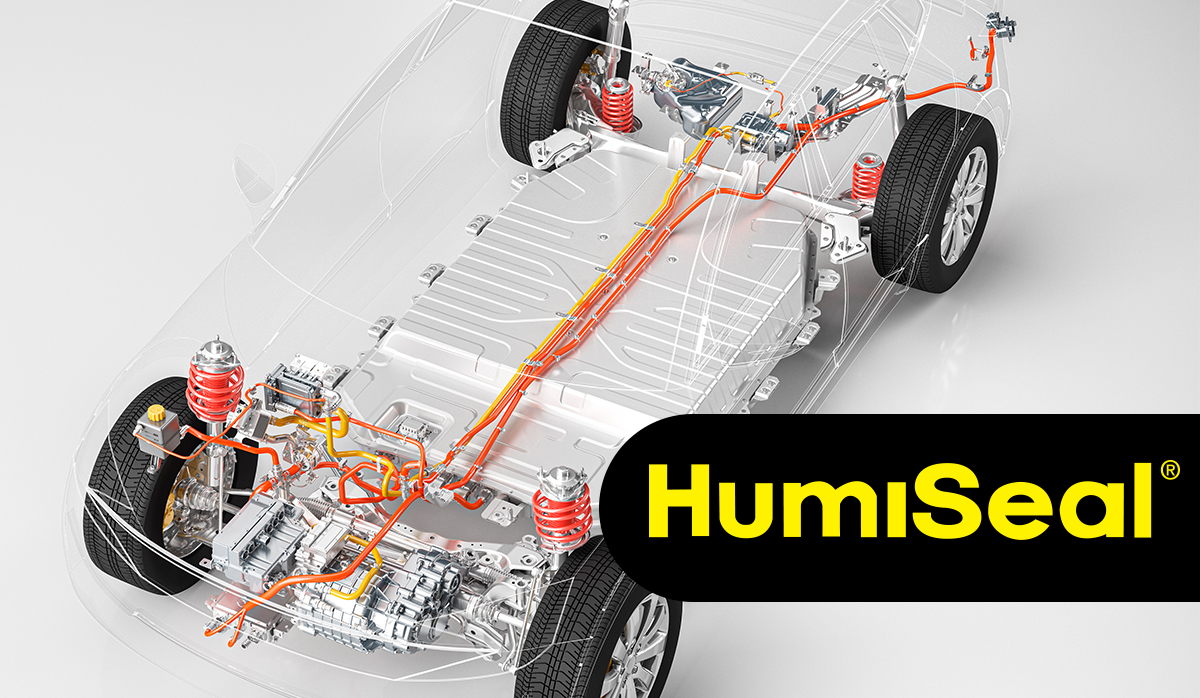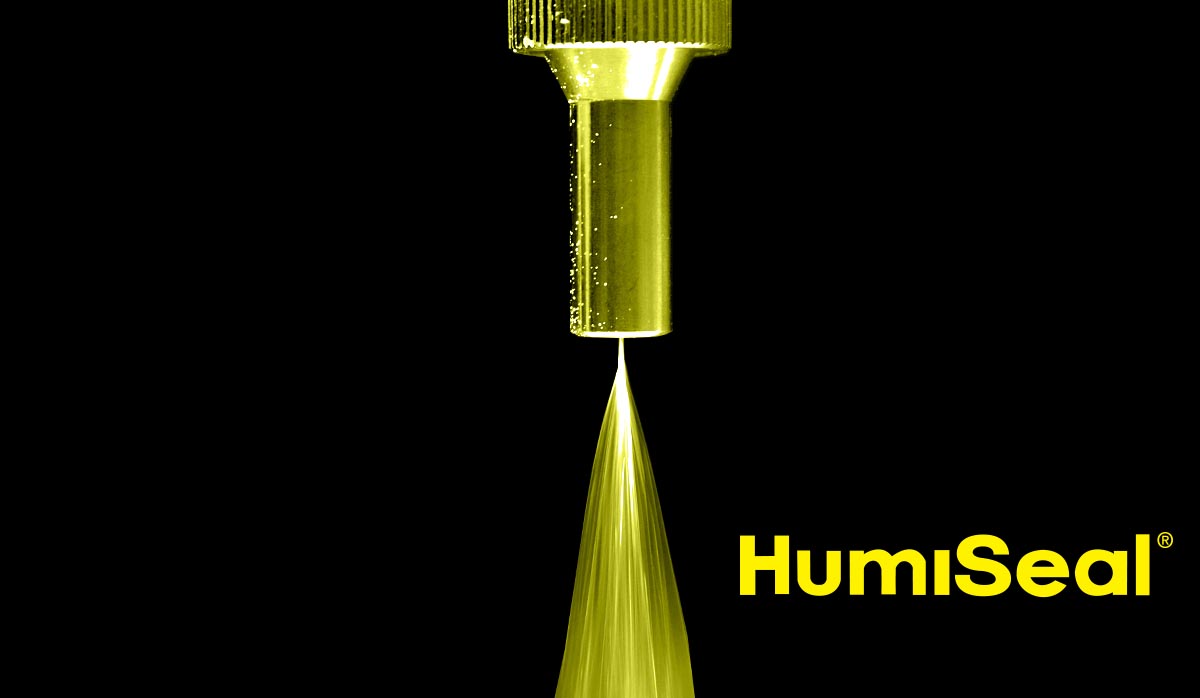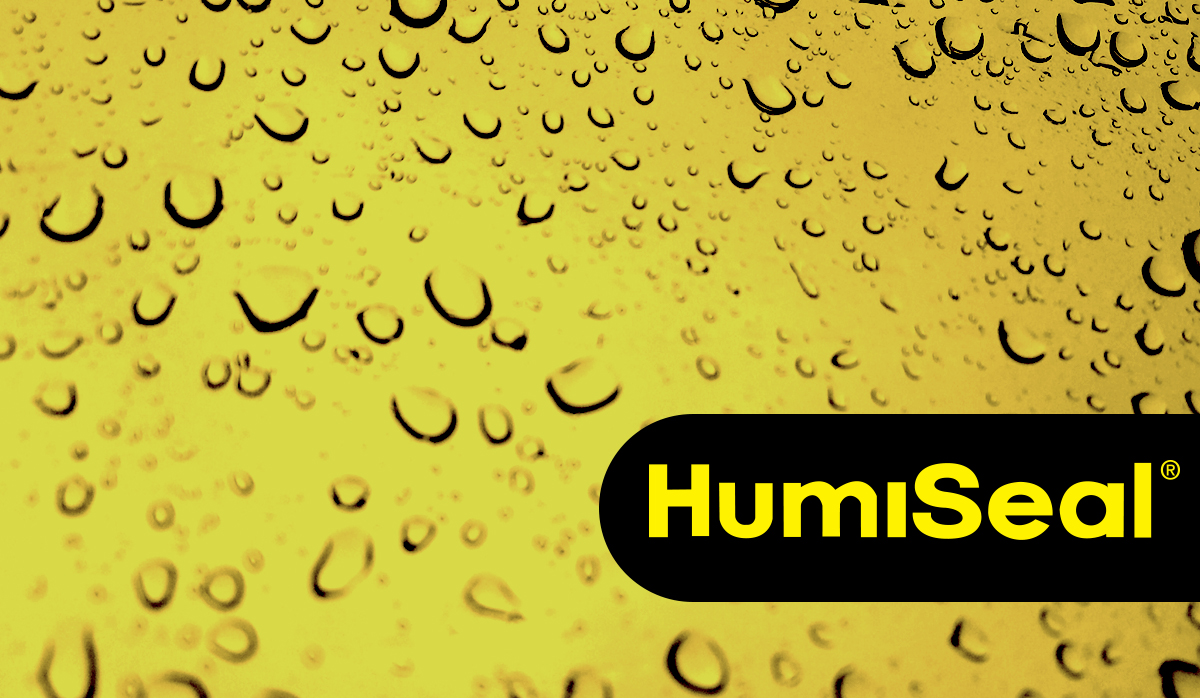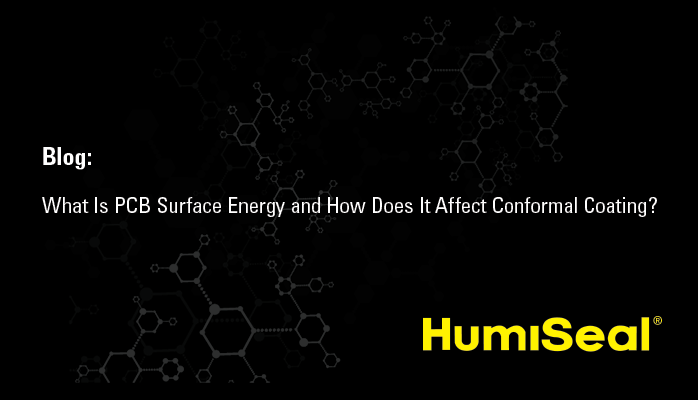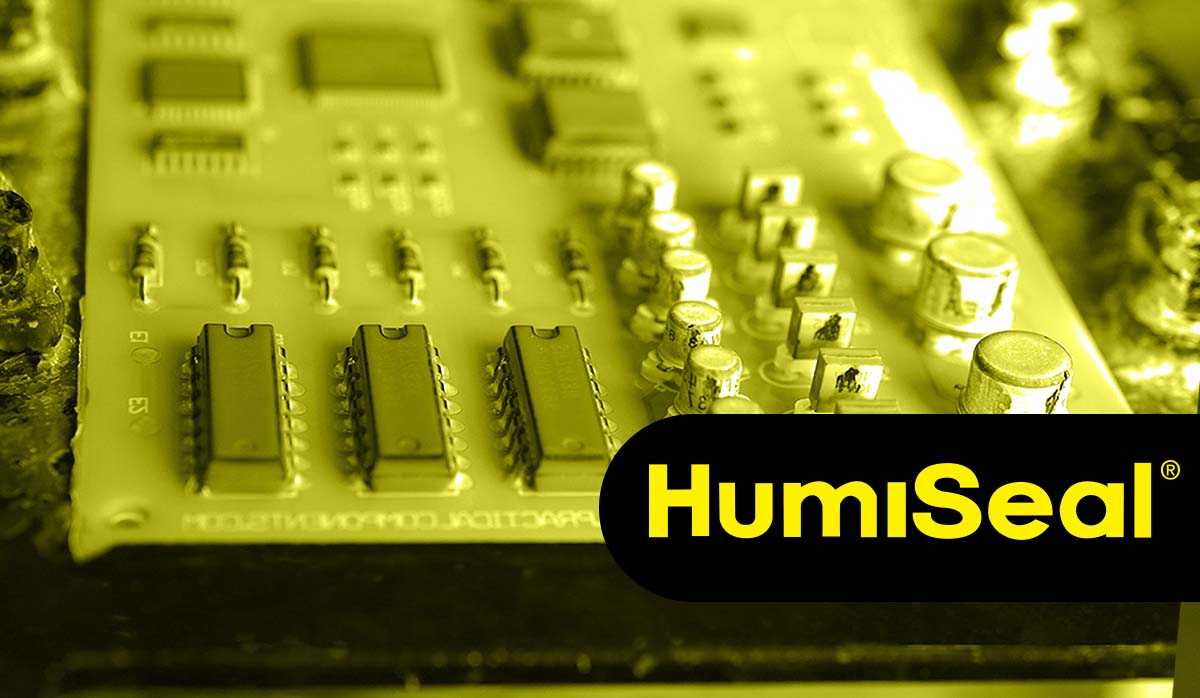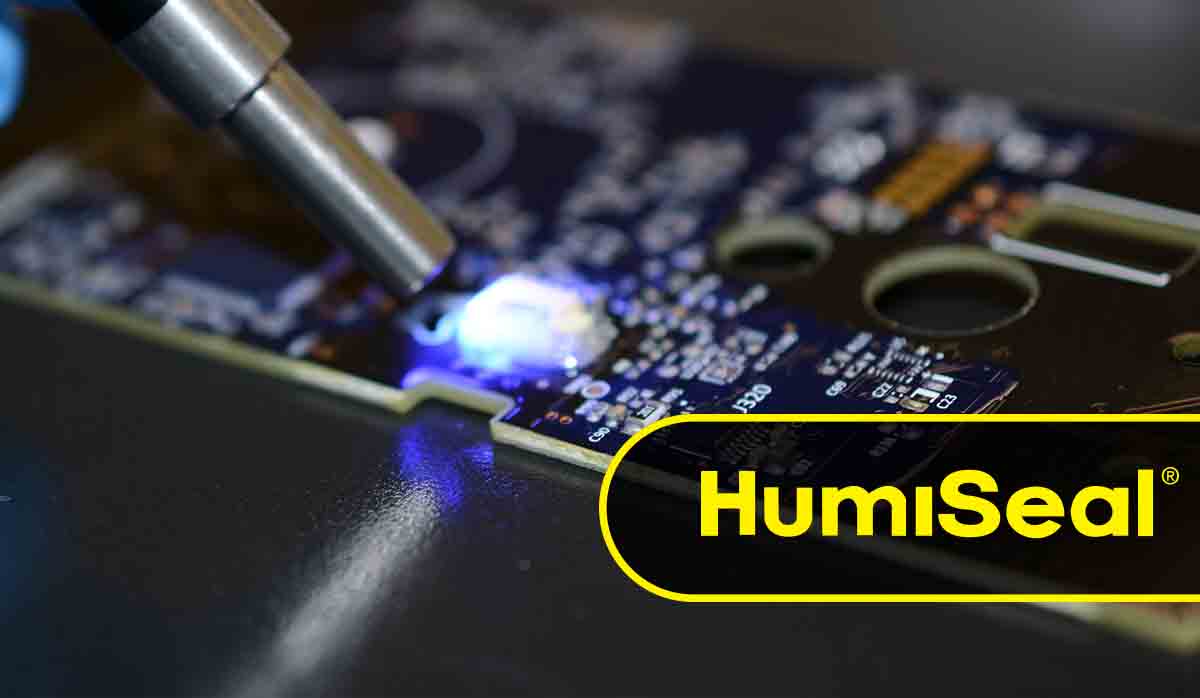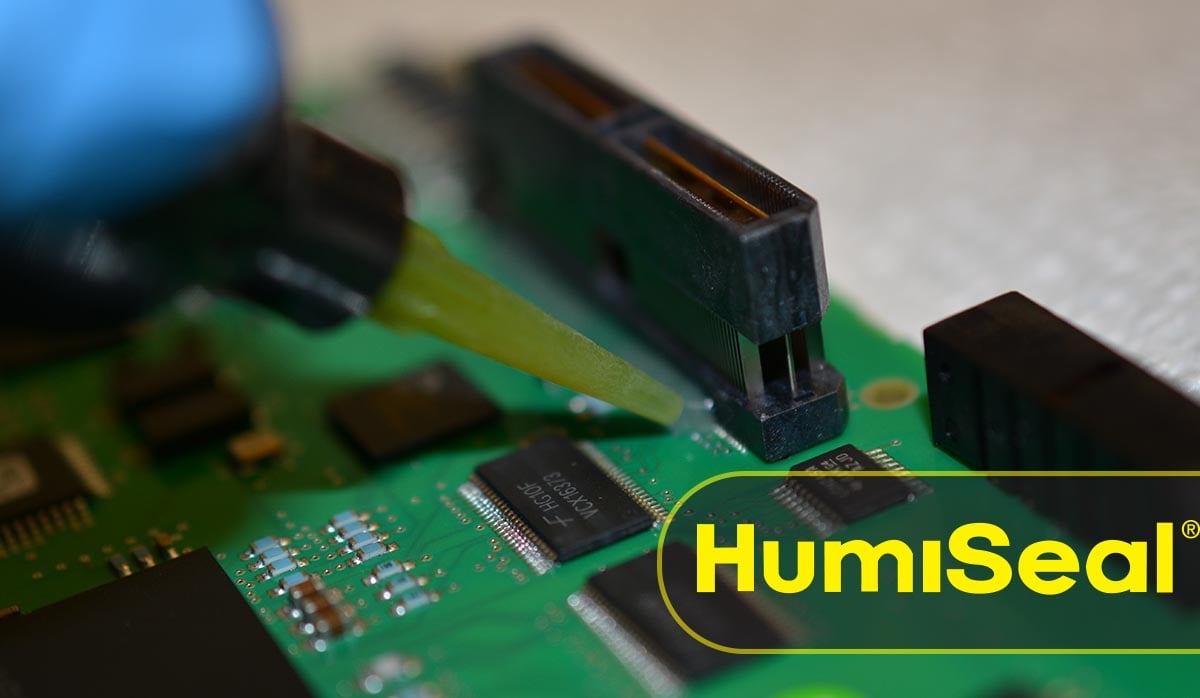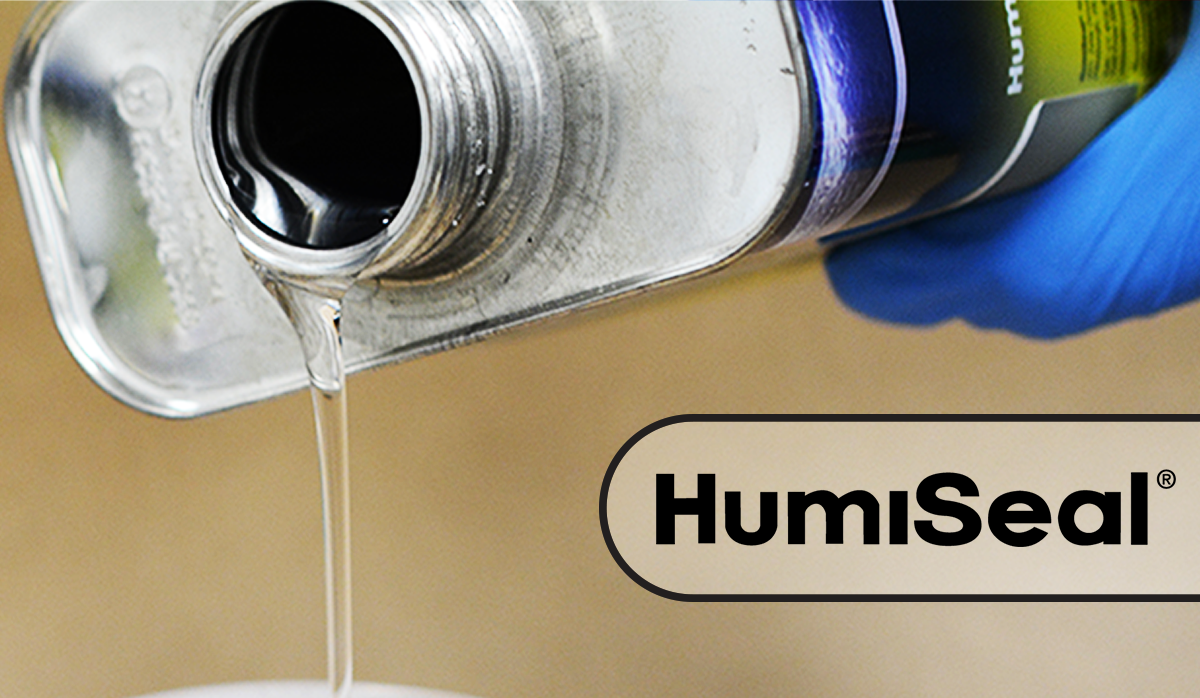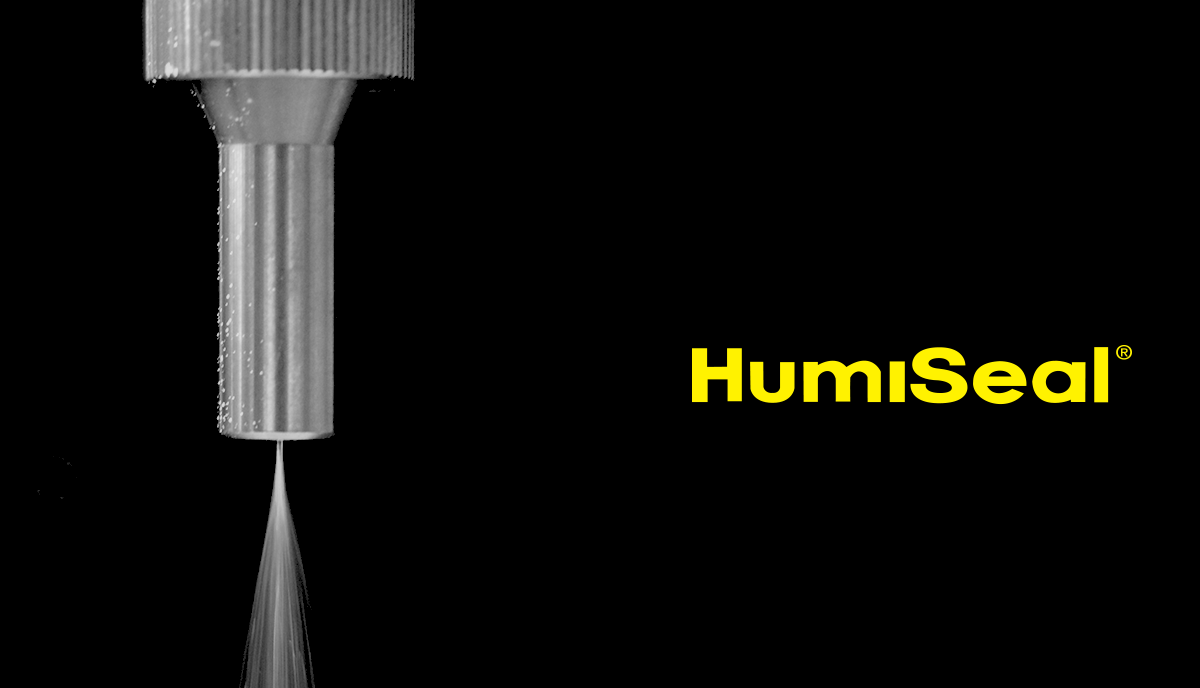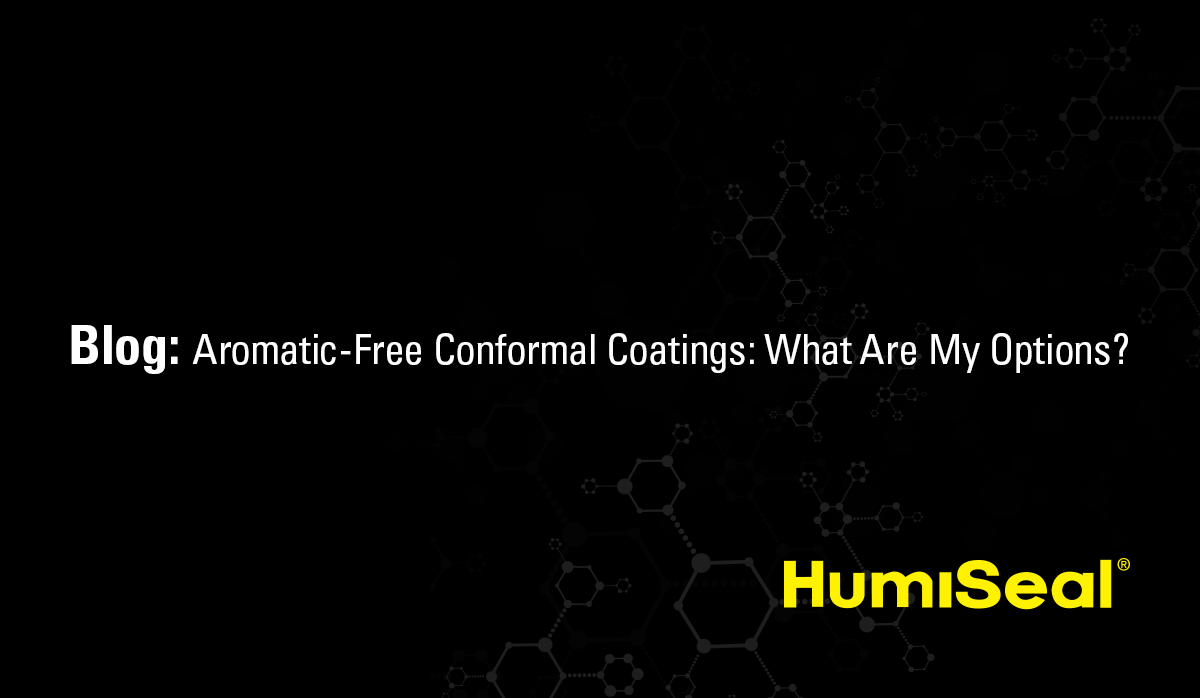Adoption of plug in -electric vehicles (EVs) has been slower than many expected, but there is little question the next few years will see adoption accelerate. Your hypersensitive dog will have to find new visitors to harass when your delivery drivers arrive without notice, driving to your door silently in all-electric commercial vans. Many of your favorite suppliers and stores have already ordered these vehicles. Game-changing battery and charging developments are eliminating range anxiety, and autonomous driving controls and safety innovations are in the final stages of building our trust.
Recent Posts
Electric Vehicles: Polymers for Performance, Reliability, & Protection
Topics: Thermal Interface Materials, Vibration Suppression, Thermosink, Conformal coating benefits, EMI conductive gaskets, EV, Electric Vehicle
How to Calculate the Cost of Conformal Coating on a PCB?
One of the most basic and common questions we at HumiSeal® are asked by both existing and potential new customers is,
“How much does it cost to conformally coat my printed circuit boards?”
Since conformal coatings are usually sold in liquid form by the liter or gallon, it is necessary to go through a fairly basic calculation that we will present here.
The simplest and most common way to evaluate cost is by determining the cost in dollars of coating per PCB.
Topics: Conformal Coatings, Conformal Coating Costs, Protection for PCB
Understanding the Importance of the Moisture Vapor Transmission Rate of Conformal Coatings
A critical function of conformal coatings is to protect PCBs and electronics from damage caused by moisture and humidity. In this discussion, we will attempt to answer some of the more common questions we often hear regarding the level of protection you can expect from a conformal coating.
Are conformal coatings waterproof?
The above is probably the most common question and most misunderstood subject in the area of PCB protection
Topics: Environmental Conditions, Conformal Coating Process, Conformal coating benefits, waterproofing silicones, waterproofing
What is PCB Surface Energy and How Does It Affect Conformal Coating
In previous articles, we discussed common defects in conformal coatings related to surface energy issues. These included issues such as
- fish eyes
- lack of coating coverage
- poor bonding
- delamination
We received significant feedback, and the most common response was to ask for more specifics about just what surface energy is anyway.
The Potential Cost of NOT Conformal Coating Your PCB
The PCB industry continues to evolve with ever increasing demands for efficiency and manufacturing cost reductions. From the design phase onward, suppliers and contract manufacturers are being asked by their OEM overlords for increased performance at lower and lower costs. An obvious potential source for cost reduction is the use of alternative cheaper raw materials or their elimination where possible. At some point in the discussion, it is sometimes asked, “Why don’t we just eliminate the conformal coating?” or "Are conformal coatings necessary".
Topics: conformal coating application, Conformal Coating Costs, Conformal coating benefits, Protection for PCB
Protective Gels: The Next Level of Protection for Your PCBs
Conformal coating of printed circuit boards (PCBs) has resulted in a steady evolution in performance and protection for modern electronics. It has allowed for lightweight and reliable controls in industries such as automotive and aerospace among others. This has brought about the possibility of increased length of warranties as well as fewer failures and claims. Nevertheless, original equipment manufacturers (OEMs) and consumers continue to raise their standards and expectations for longevity and reliability to levels unimagined just 10 years ago. In the automotive industry, as an example, thermal cycling testing might have involved as few as 10 or 50 cycles in the recent past. That standard is now often 500 or even 1000 cycles with no apparent ending in sight.
So what do I do when conformal coating is not enough?
Topics: Conformal Coatings, Protection for PCB, Protective Gels
Masking Before Conformal Coating My PCB: What Are My Options?
Nobody likes masking, nevertheless it can be a necessary part of your PCB production process.
“But I thought selective conformal coating equipment had eliminated the need for masking in most cases.”
The cost of selective conformal coating equipment can easily run into hundreds of thousands of dollars. Even those who invest in the latest selective coating technology find, at times, that masking in certain areas is the only solution.
Topics: Conformal Coatings, Masking
Thinners for Conformal Coatings: The Basics of What, When, and How
You have completed your search for an ideal conformal coating chemistry, one that will provide your PCBs the protection and reliability demanded by your industry and customers. After all that work, you probably assume your job is finished. Our apologies for being the bearer of bad news: There is still work to be done. In this basic presentation and discussion, we will talk about the proper choice and implementation of thinners for your coating. In many cases, a mistake in thinner can harm or even completely negate the protective properties of your conformal coating when applied to your PCB.
Topics: thinners, Conformal coating benefits
The past few years have seen the introduction of a number of thinner-film circuit board protection products of various chemistries, many of which have been generically termed “nano-coatings” by manufacturers despite confusion regarding what this really means. There is no clear definition of a nano-coating as it relates to printed circuit boards, and the product offerings vary from vacuum-deposited films and microparticles of single digit nanometer thicknesses to more robust performing products with thicknesses in the hundreds of nanometers. It is critical to manufacturers that the properties of true nano-coatings be compared to more traditional protection technologies so an accurate evaluation can be made.
Topics: Humiseal Blog
Aromatic-Free Conformal Coatings: What Are My Options?
Xylene and Toluene. Two words that can evoke concern and add to paperwork for environmental health and safety departments and manufacturing professionals. Aromatic solvents have been safely used for decades by employing basic safety equipment including gloves, masks, and proper workplace ventilation. Nevertheless, concerns for maximizing employee safety and minimizing effects on the environment have led electronics manufacturers to seek out alternatives. For over 20 years, HumiSeal® has supplied a wide-ranging group of aromatic-free products across all traditional chemistries to manufacturers for whom these concerns are critical.
Topics: Conformal Coatings, conformal coating application, Aromatic Free



